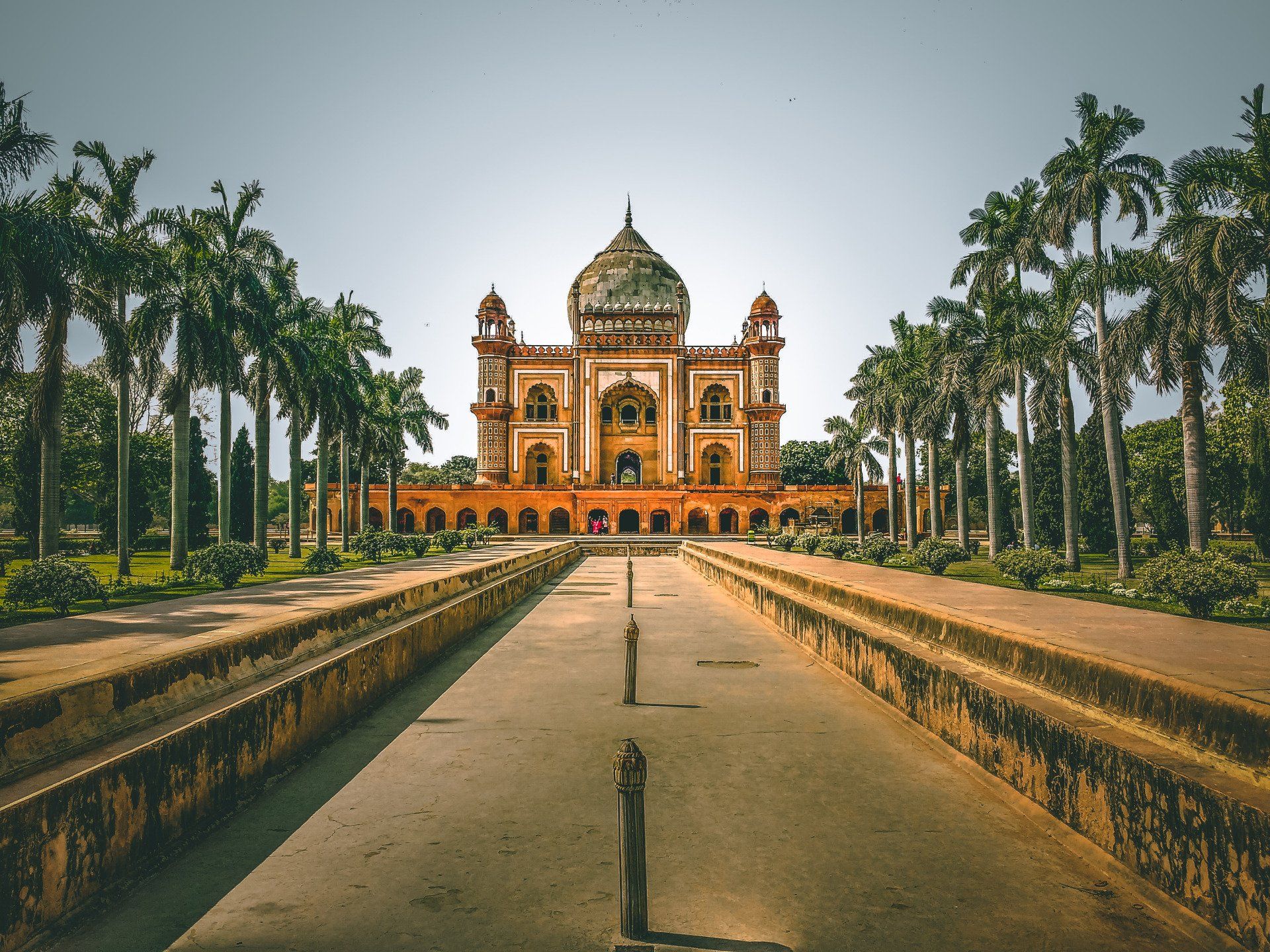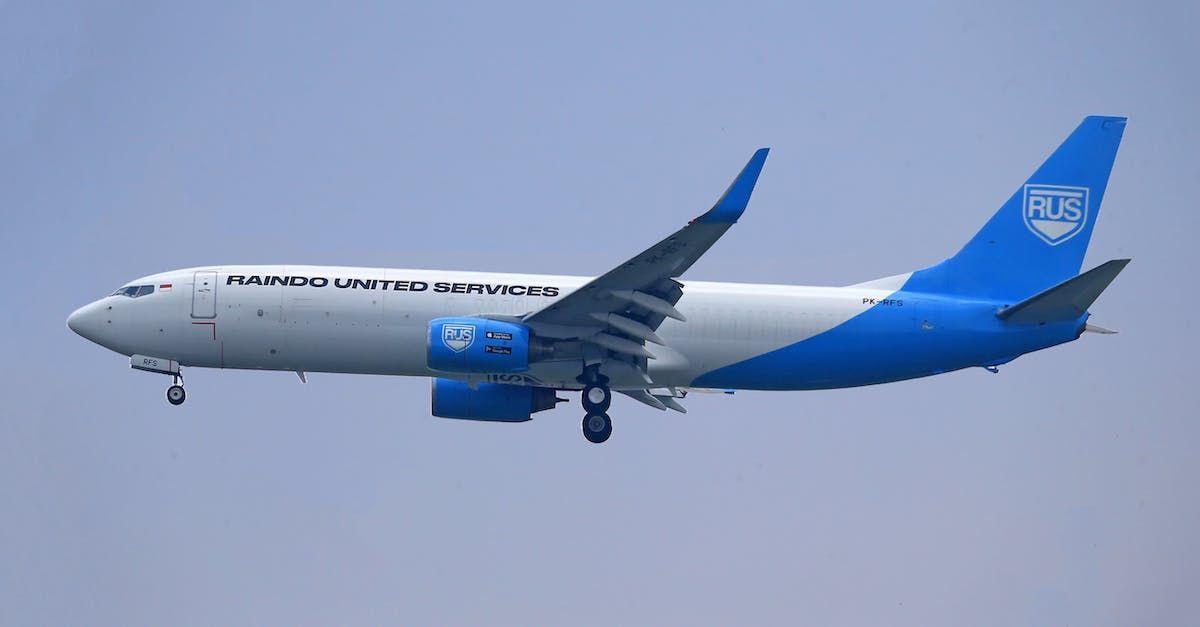The Emotional Impact of Body Repatriation
No matter how a death occurs, the aftermath is always a painful and traumatic experience for loved ones and friends. Strong feelings of grief can be overwhelming and the process is never easy. The process can be made even more strenuous if your loved one dies abroad and needs to be repatriated back to their home.
The process of body repatriation, which involves transporting a deceased person’s body back to their home country or to a place of their choosing, can be emotionally challenging for those involved, especially if the process had not been planned. The heavy weight of grief combined with uncertainty and the great distance can make the sense of loss all the stronger.
We are all too familiar with how the process of body repatriation can impact families and loved ones and how it can often be quite different to the grief experienced by someone whose relative is near. Different and unusual experiences can radically alter our emotions and our feelings and it is important to discuss them openly and honestly. This is why we’ve put together a list of common struggles people commonly have during body repatriation to help you understand and prepare for what to expect.
Grief: Grief is a natural emotional response to loss, and the process of body repatriation can intensify feelings of grief. Seeing the physical remains of a loved one can be difficult and emotional, and can trigger memories and feelings of sadness but they can also help make the process of grief easier to understand and cope with. Not knowing where the remains of their loved one is can be distressing for people and this can be amplified if other loved ones are still overseas. Depending on the circumstances, body repatriation can take a number of weeks, making those feelings last longer and potentially worsening.
Guilt: If the deceased person passed away while travelling or living abroad, family members can often experience feelings of guilt or regret for not being there to support them or prevent their death. These feelings can be amplified when repatriating the body. These feelings are natural but it is important to remember that their death was not your fault and coming to terms with that is an important part of the grieving process.
Stress and Anxiety: The logistics involved in repatriating a body can be stressful and anxiety-provoking, particularly when it comes to dealing with bureaucracy, paperwork, and transportation. This is why we try to make the process as simple and as straightforward as possible but even still, the necessary paperwork in a time of high stress and pain can be a lot to handle. Family members may also feel anxious about the condition of the body after transportation and any potential delays.
Cultural Differences: Cultural differences in funeral and mourning practices can add another layer of complexity and emotion to body repatriation. Family members may feel uncertain or uncomfortable with practices that are different from what they are used to, which can exacerbate feelings of grief and stress.
Closure: Repatriating a loved one’s body can provide a sense of closure for some family members, allowing them to say goodbye in a more tangible way. For others, it may not feel like enough or may not bring the sense of closure they were hoping for. Some people can also struggle to come to terms with their own grief before seeing the remains, drawing out the grieving process and leaving the person experiencing it in a state of flux, unable to fully move on.
Financial Strain: Body repatriation can also be a significant financial burden, which can add stress and anxiety to an already difficult situation. We will always try and find the best and most affordable solution but the cost of body repatriation is an unfortunate reality of saying goodbye. An unexpected bill at any time can be stressful but at a time of extreme pain and confusion, it can be extremely difficult to process.
Overall, the emotional impact of body repatriation can vary widely depending on the circumstances and the individuals involved. It’s important for family members to take care of themselves and seek support during this difficult time, whether through counselling, support groups, or leaning on family and friends.
It goes without saying that we will always be on hand to provide support and guidance throughout the entire body repatriation process to make sure the process is easy to understand and completed in as quickly a manner as possible. We are also committed to supporting you throughout the process and beyond. Body repatriation is often scary and confusing but we can help support you and your family, ensuring that you are supported in the right ways throughout the process.
The post The Emotional Impact of Body Repatriation appeared first on Global Funeral Repatriation.





Global Funeral Repatriation provides a national and international repatriation service throughout the UK and globally.
All Rights Reserved | Global Funeral Repatriation | National Repatriation
Limited – Company Number in England & Wales 12329567 | Privacy Policy
Website Designed by Up2Speed Marketing Ltd

